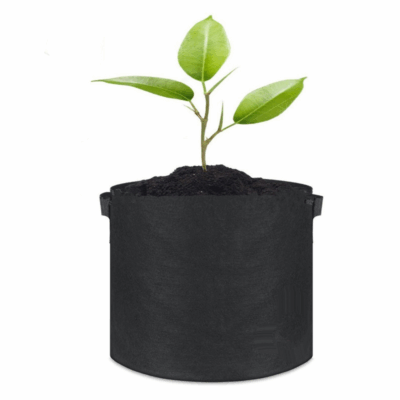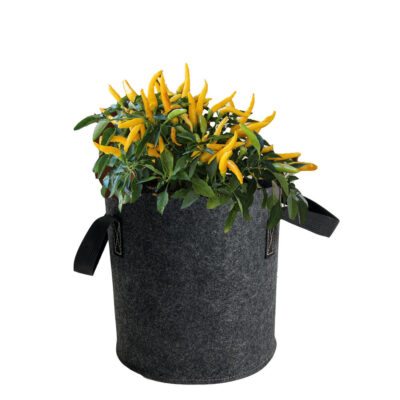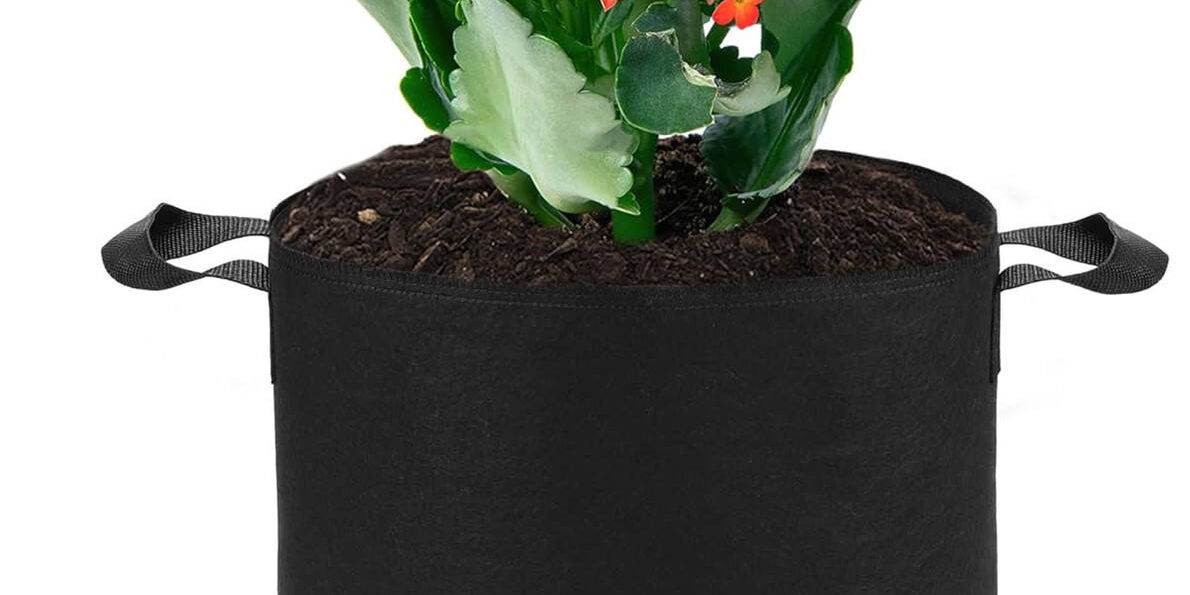🌿 Introduction: Growing Organically with Fabric Grow Bags
As the global demand for organic vegetables continues to rise, professional farmers and greenhouse operators are turning to fabric grow bags as a more sustainable growing medium. Unlike plastic containers, these bags allow roots to breathe, drain excess water naturally, and regulate temperature effectively. Choosing the right fabric grow bags supplier can transform your production efficiency while maintaining eco-friendly standards.
🌱 1. Enhanced Root Aeration and Growth
The most significant advantage of fabric grow bags is superior root aeration. Traditional plastic pots often cause roots to circle and suffocate, while fabric grow bags encourage air pruning. This process naturally stops roots from overgrowing and instead promotes dense, healthy root branching — resulting in stronger plants and higher yields.
In large-scale vegetable farming, where uniform root health is critical, this benefit translates to more consistent growth across your crops.
💧 2. Excellent Drainage and Moisture Regulation
Fabric grow bags offer balanced drainage and moisture control, a key factor in organic farming where chemical fertilizers are limited. The breathable non-woven fabric ensures excess water escapes quickly while retaining enough moisture for plant roots.
Growers who use Fabric Grow Bags Manufacturer report fewer issues with root rot and fungal infections, even in humid greenhouse environments.
🌎 3. Eco-Friendly and Sustainable Choice
Sustainability is the heart of organic agriculture. Fabric grow bags are made from recyclable non-woven polypropylene, reducing dependence on single-use plastics.
Many reputable suppliers, such as Grow Bag Wholesale, now provide eco-certified materials that meet REACH and ISO environmental standards. This allows farms to meet global organic certification requirements while promoting responsible production practices.
🪴 4. Temperature and Oxygen Balance
Unlike hard containers that trap heat, fabric grow bags maintain optimal temperature through natural air exchange. This prevents overheating in summer and allows oxygen circulation during cooler months.
Vegetables like tomatoes, peppers, and leafy greens thrive in these controlled conditions — producing faster growth cycles and superior quality produce.
🧵 5. Portability and Flexible Farm Layout
Fabric grow bags are lightweight and easy to move. Farmers can rearrange them according to sunlight, crop rotation, or greenhouse layout.
For example, large 50–100 gallon bags can be used for potatoes or carrots, while smaller 3–5 gallon ones are ideal for herbs. The flexibility helps maximize limited farming space, especially for urban and rooftop gardens.
🎨 6. Branding and Customization Options
A reliable custom grow bags manufacturer can design personalized grow bags with printed logos or color accents.
For distributors or organic farming brands, this not only enhances brand visibility but also builds trust with retail buyers. Custom packaging or labeled bags are increasingly used for export to eco-conscious markets in Europe and North America.
🚚 7. Bulk Supply and Long-Term Value
Buying directly from a fabric grow bags supplier ensures better pricing, quality consistency, and faster delivery.
Most factories offer bulk grow bag programs with volume discounts, allowing large-scale growers to control costs while maintaining product standards. Additionally, reusable bags provide long-term savings since they can withstand several growing seasons without losing integrity.
🌾 Conclusion: Grow Smart, Grow Sustainably
The advantages of fabric grow bags go beyond convenience — they represent a shift toward sustainable, efficient, and organic farming. Whether you manage a greenhouse, hydroponic system, or outdoor vegetable farm, choosing the right fabric grow bags supplier ensures optimal plant growth, healthier roots, and higher profitability.
Start your eco-friendly farming journey today with trusted partners like Grow Bag Wholesale, where innovation meets green agriculture.













